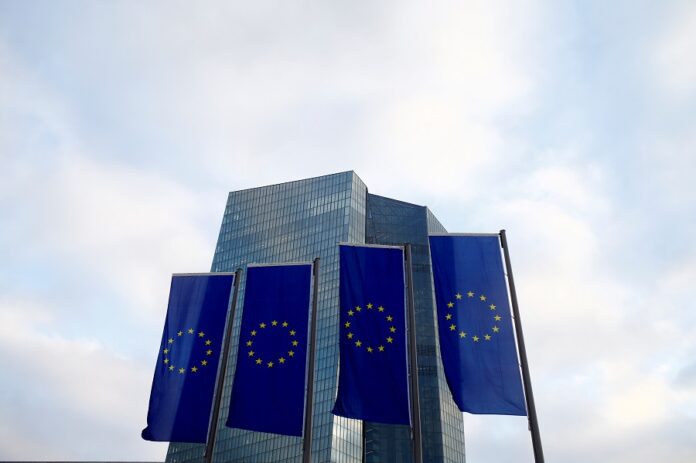The European Commission unveiled on Wednesday its list of online services designated as “gatekeepers,” which will now have six months to adapt to strict antitrust practices or face up to 20% global annual turnover fines, according to Euractiv.
European Commissioner for the Internal Market, Thierry Breton, announced in a post on the social media platform X (formerly Twitter) that the list of gatekeepers includes Alphabet, Amazon, Apple, ByteDance, Meta, and Microsoft. These companies must appoint a “DMA compliance officer, directly reporting to their board, and inform the Commission of any planned major acquisition”, the Commissioner said.
The “gatekeeper” designation concerns companies owning “core platform services” that control digital market access between corporate sellers and end-consumers in the digital space. The definition is wide and concerns search engines, social media, intermediation services or exploitation systems.
The Digital Market Acts (DMA), which entered into force in November 2022, will empower the European Commission with regulatory competencies on digital markets from 6 March 2024 and is set to profoundly change the business models of these services. Sanctions may be imposed on businesses that violate the new rules if the Commission deems competition to be distorted on their core platform services.
The DMA “make[s] the digital market sector fairer and more contestable”, Alexandre de Streel, an academic director at Centre on Regulation in Europe, a digital regulation think tank, told EURACTIV.
Through the regulation, Breton, alongside the EU’s competition chief Margrethe Vestager, aims to boost European startups and improve end-user services through bolstered competition in digital markets.
Breton told Euractiv that former antitrust rules were not adapted to platforms, saying that “gatekeepers will now have to adapt if they want to benefit from the Single Market”. As an example, he said that “they will not be authorised to follow user behaviours for advertisement anymore”.
A number of cumulative thresholds have been set for designating a service as a gatekeeper.
A gatekeeper is a service whose parent company has a stock exchange value of €75 billion, whose annual turnover has exceeded €7.5 billion for the past three years, which has more than 45 monthly active end users in the EU and 10,000 yearly active business users in the EU over the last three years.
Alphabet (Google’s parent company), Amazon, Apple, Meta (Facebook and Instagram parent), Microsoft, Samsung, and ByteDance (TikTok’s parent company) declared to the European Commission in July that they exceed these thresholds and would have to comply with the Digital Markets Act.
Samsung, however, did not make it to the list of gatekeepers, after all, as the European Commission concluded that the Samsung Internet Browser did not qualify as a gateway.
Until the Commission published its gatekeepers list, it remained unclear to which extent the Commission would set the limit in dividing core platform services owned by the same parent company.
The EU executive eventually opted for a definition of gatekeepers, which, in the case of Alphabet, includes eight core platforms services: Google Maps, Google Play, Google Shopping, YouTube, Google Search, Google Chrome, Android, and Google Ads.
Meta is designated as a gatekeeper for five of its services: Facebook, Instagram, WhatsApp, Messenger and Meta Marketplace. Three Apple services were designated: the App Store, Safari and Apple iOS. Amazon Marketplace and Amazon ads were the services designated for Amazon. Microsoft has two services concerned too: LinkedIn and Windows PC OS. ByteDance is concerned only so far as its application TikTok.
The Digital Markets Act allows the Commission to designate gatekeeper services even if they do not meet all the cumulative thresholds criteria, provided that a specific service is seen as having control over certain digital market access. The Commission reportedly stated it “opened four market investigations” regarding Microsoft Bing, Edge and Microsoft Advertising services and Apple iMessage.
This provision might create challenges to the gateway and core platform service definitions in the Court of Justice of the European Union, the Centre on Regulation in Europe’s de Streel warned.
He explained that “it is not probable that a company contests it is a gatekeeper itself, but more probable that it contests that one of its core platform services qualifies as a gateway”.


